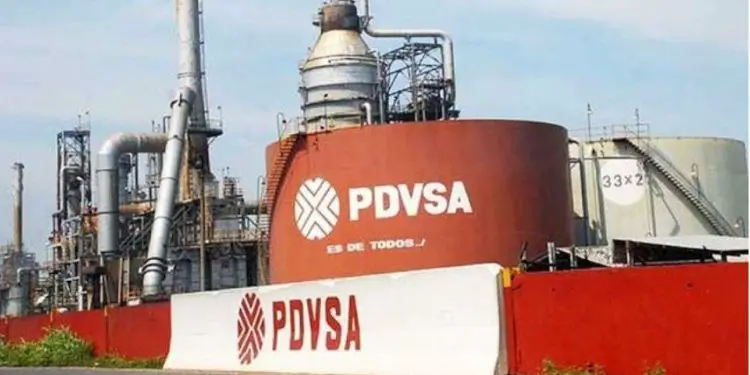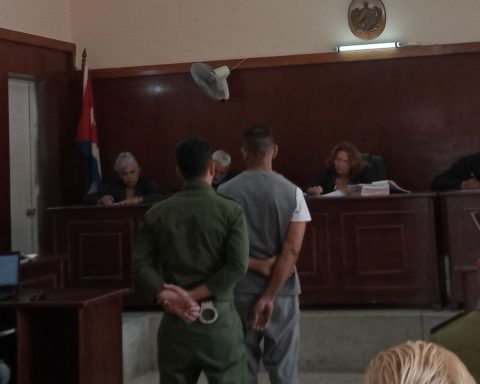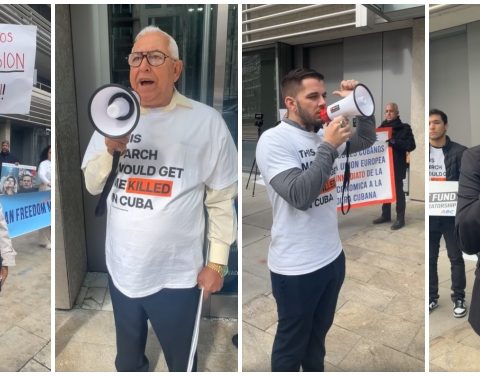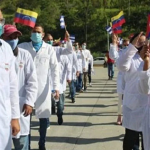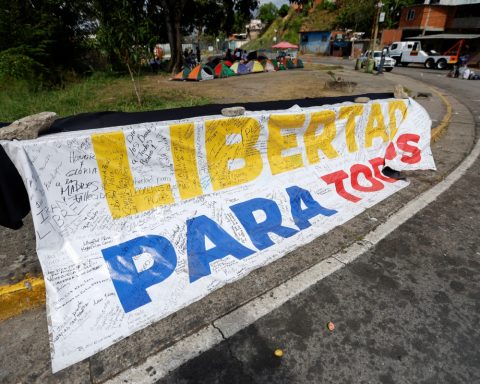MIAMI, United States. – The Venezuelan state oil company PDVSA will send an “unusually large” volume of crude and fuel to Cuba, in a Panamanian-flagged supertanker called Nolan, which is on the United States blacklist for its alleged participation in an oil smuggling network , according to reported the news agency Reuters.
According to that source, this Monday the supertanker was loading 400,000 barrels of fuel oil for electricity generation at the Jose terminal, in Venezuela, and 1.13 million barrels of heavy oil, which adds up to a total volume of 1.53 million barrels.
The supertanker will set sail later this month and head to Matanzas, where Cuban state companies have been unloading imports and transferring cargoes to smaller vessels through ship-to-ship operations.
The shipment comes amid a severe energy crisis in Cuba. In February of this year, four blackouts were reported on the island that left more than half of the national territory without electricity. Likewise, after a break in the blackouts at the end of 2022 and beginning of 2023, Cubans are once again suffering from prolonged electricity cuts.
The Cuban regime has blamed the situation on difficulties in processing Cuban heavy crude oil and fuel shortages on the island due to intermittent power supplies. Last year, a big fire destroyed part of the country’s largest oil terminal, creating obstacles to offloading fuel imports.
In its note, Reuters recalls that Cuba has a limited capacity to receive large tankers, especially since the fire in Matanzas. For this reason, Cuban state companies have been transferring cargoes to smaller vessels through ship-to-ship operations.
The supertanker Nolan, owned by Nigeria-based Thomarose Global Ventures Ltd, is on the US Treasury Department’s blacklist of sanctioned entities for its alleged involvement in an international smuggling ring that facilitated oil trade for Hezbollah and Iran’s Quds Force.
Venezuela’s oil supply to Cuba fell last year by about 6%, to 53,600 barrels per day, according to independent data based on the movement of tankers. With this shipment, Venezuela hopes to help its political ally to overcome the energy crisis and prevent the worsening of the energy crisis, which was one of the triggers for the anti-government protests of July 2021 on the Island.
